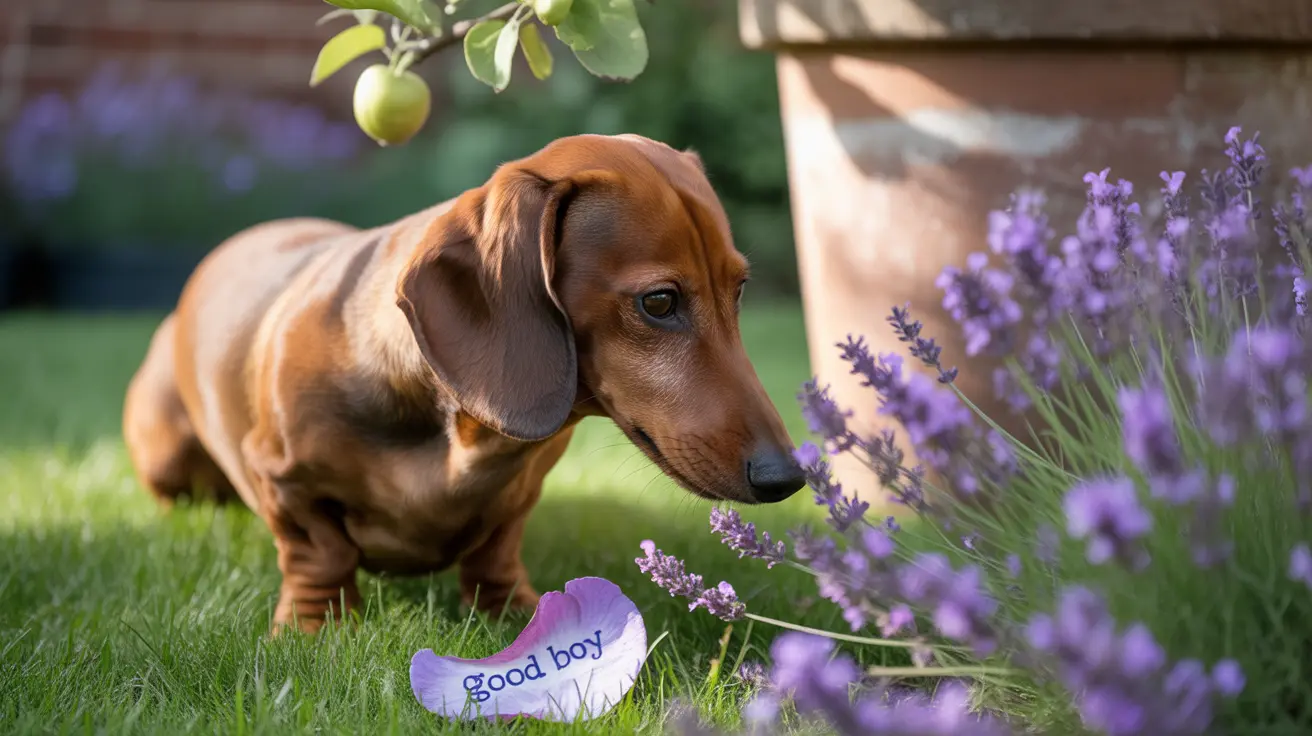If you've noticed your dog heading straight to their favorite potty spot after mealtime, you're not alone. Many pet parents wonder why dogs poop after every meal, and the answer lies in a fascinating natural process that helps keep your pet's digestive system running smoothly.
This article will explore the science behind your dog's post-meal bathroom habits, helping you understand what's normal and when you might need to be concerned about your pet's digestive health.
Understanding the Gastrocolic Reflex in Dogs
The primary reason dogs poop after eating is due to the gastrocolic reflex, a natural physiological response that occurs in both dogs and humans. When food enters the stomach, this reflex triggers contractions in the colon, essentially making room for the new meal by eliminating previous waste.
This automatic response is particularly strong in puppies and some adult dogs, which is why they often need to relieve themselves shortly after eating. The process is completely normal and actually indicates a healthy digestive system.
Normal Digestive Timing in Dogs
Most dogs digest their food within 4-8 hours, though this can vary based on several factors. Adult dogs typically defecate 1-5 times per day, with many having bowel movements within 30 minutes of eating. Puppies generally need to go more frequently, sometimes requiring bathroom breaks 5-30 minutes after each meal.
It's important to note that when your dog poops after eating, they're not eliminating the food they just consumed. Instead, they're passing waste from previous meals, typically from 8-12 hours earlier.
Factors That Influence Your Dog's Bathroom Schedule
Age and Size
Puppies have less developed digestive systems and weaker muscle control, leading to more frequent bowel movements. Larger dogs often have slower digestion compared to smaller breeds, which can affect their elimination schedule.
Diet and Nutrition
The type and quality of food your dog eats significantly impacts their digestive timing. High-fiber diets can stimulate stronger gastrocolic reflexes, while certain proteins may be digested at different rates.
Activity Level
Exercise and physical activity can stimulate bowel movements, which is why many dogs need to go after their morning walk or playtime. This is especially true when combined with a recent meal.
When to Be Concerned
While pooping after meals is normal, certain signs may indicate a problem:
- Sudden changes in frequency or urgency
- Diarrhea or very loose stools
- Signs of discomfort or straining
- Blood in the stool
- Excessive gas or bloating
- Loss of appetite
If you notice any of these symptoms, it's important to consult with your veterinarian to rule out potential health issues.
Frequently Asked Questions
Why do dogs often poop soon after eating their meal?
Dogs poop after eating due to the gastrocolic reflex, which triggers colon contractions when food enters the stomach. This natural response helps maintain regular digestive function by making room for new food.
Is it normal for puppies to poop more frequently right after they eat?
Yes, it's completely normal for puppies to poop more frequently than adult dogs, including right after meals. Their digestive systems are still developing, and they have less control over their bowel movements.
How does the gastrocolic reflex affect my dog's bathroom habits?
The gastrocolic reflex automatically signals the colon to contract when food enters the stomach, often resulting in a bowel movement within 30 minutes of eating. This reflex helps maintain healthy digestion and regular elimination patterns.
Can excitement or stress cause my dog to poop immediately after meals?
Yes, excitement and stress can intensify the gastrocolic reflex and speed up digestive transit time, causing dogs to need to poop more urgently after eating.
When should I be concerned if my dog poops too often or has changes in stool after eating?
Be concerned if you notice sudden changes in frequency, consistency, or color of stools, signs of pain or straining, blood in the stool, or if changes are accompanied by other symptoms like vomiting or loss of appetite. These situations warrant a veterinary consultation.
Conclusion
Understanding why dogs poop after every meal helps pet owners better care for their furry friends and recognize when something might be amiss. By maintaining regular feeding schedules and monitoring your dog's bathroom habits, you can help ensure their digestive health stays on track and catch any potential problems early.






